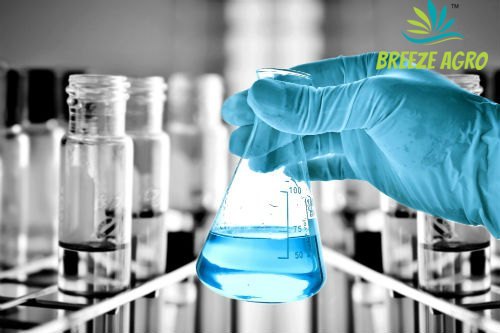
Importance of Water Testing
Many factors taken together to determine the quality of water for the irrigation of plants. The chemical constituents of irrigation water can affect plant growth directly through toxicity or deficiency, or indirectly by altering plant availability of nutrients.
Water testing facilities
Water Irrigation contains organic and inorganic compounds that influence plant health, soil health and structure, and irrigation system longevity. This article will primarily help agricultural irrigation users (in particular row crop and vegetable farmers, specialty crop growers, and turfgrass managers) understand how to collect a representative water sample based on the source and prepare it for transport to a laboratory for analysis.
The frequency of water sample collection depends upon the water source. Surface water should be tested seasonally (spring, summer, and fall) since weather, organisms living in the water, and the surrounding plant communities can affect water quality. For shallow groundwater wells, such as those often used along the coast, collect water samples seasonally to identify how rainfall patterns, tidally influenced surface water, and aquifer may influence water quality. Deeper wells tend not to have the fluctuations in water quality typical of shallow wells and surface water bodies; thus, deeper wells can be sampled once every two to three years. Collect separate samples at low and high tide if the source of irrigation water is close to a shallow water table (e.g., marshes) or tidally influenced.
By accurately evaluating water quality, our reliable and accredited analytical services under pin your agricultural water management activities. We can conduct farming water testing against the following parameters:
Commonly found in groundwater (boreholes) – particularly in intensive agricultural areas – or where pit latrines are used.
This poisonous chemical may be present in groundwater, particularly in mining areas.
This usually occurs along with zinc in acidic waters.
These chemicals cause scaling and can reduce the lathering properties of soap.
The level of chloride can rise in hot, arid areas and, at very high concentrations, may cause vomiting and nausea.
These chemicals can appear when copper piping is used with low pH water, affecting the water’s color.
The EC level is an indication of the total dissolved salts (TDS).
This is used to assess the suitability of water for irrigation.
The levels in the groundwater can rise in hot, arid areas.
This can indicate possible corrosion or scaling.
It is possible to forecast the impact of these salts on salination.
Get in touch with SGS now to discover how our water testing service can help improve quality and resource management.